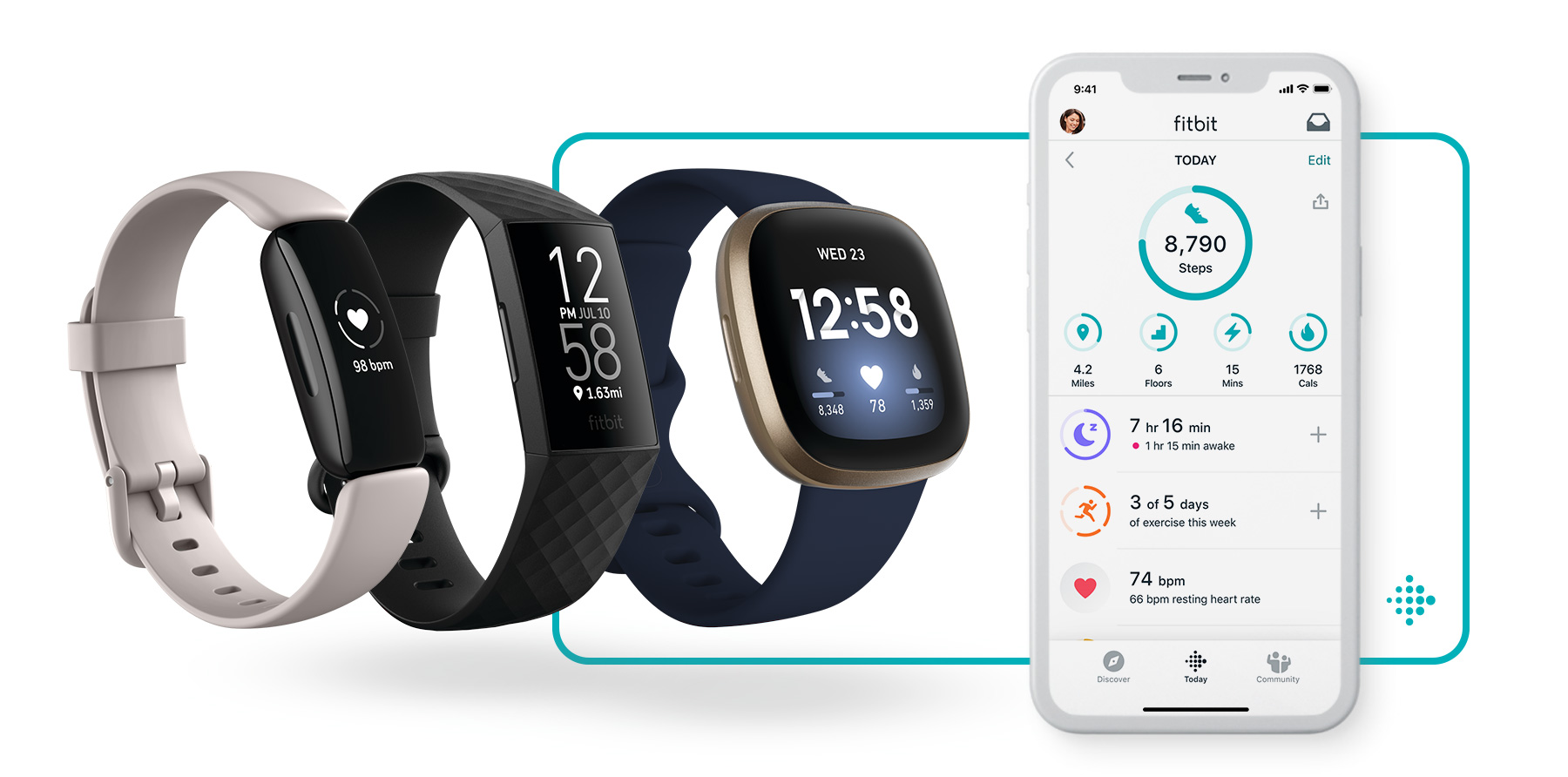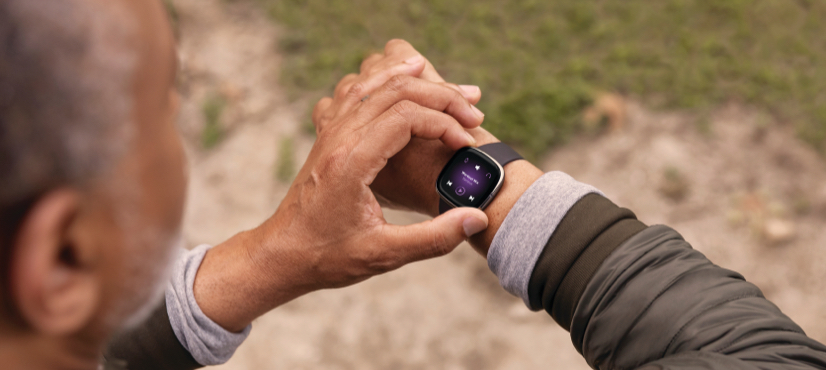Fitbit Health Equity Initiative Powering Research to Help Address Disparities
Fitbit devices have become a powerful tool used by researchers all over the world. In fact, Fitbit was recently recognized in a Harvard study as the fourth most frequently used “connected digital product” in clinical trials from 2015-2018.1 Additionally, Fitbit devices have been used in more clinical research than any other consumer wearable1,2,3, which includes more than 900 studies listed in our publication library alone. Fitbit’s ease of use, cross-platform compatibility and long battery life have enabled researchers to collect millions of measurements and inspire behavior change, while providing novel insights across a wide range of research areas, including diabetes, heart disease, cancer, obesity and much more.
Yet while digital health adoption is accelerating at a rapid pace, health disparities continue to widen4, and underrepresented researchers often struggle to obtain the resources5 needed for innovative interventions. For the past 14 years at Fitbit, our mission has been to help everyone live an active, healthier life. Which is why we’re proud to announce our Health Equity Research Initiative to specifically address health inequity in underserved populations experiencing health disparities where we’ll award up to $500,000 in Fitbit products and services to researchers who are actively working on these types of projects. We’ve also partnered with Fitabase to ensure awardees have the tools to maximize study participation and data collection. Fitabase has been a long-time partner, and their data management platform is designed to support innovative research projects using wearable devices.
Interested applicants have the opportunity to learn more about the program and submit a letter of intent describing their research aims and how they hope to leverage Fitbit devices and services. In addition to collecting activity, sleep and heart rate data, researchers can seek to pair Fitbit services, like Health Coaching and Premium memberships, to address a variety of behavior change and health research questions. The most promising proposals will be invited to submit a full application, and awards will be announced this summer.
The goals of the program are to support underrepresented early career researchers who are actively investigating health disparities while aiming to improve health outcomes in underserved populations. By putting additional resources in the hands of health disparities investigators and encouraging wearable research in the field, we hope to generate new evidence and methods for addressing health disparities while building trust in communities often absent from human health research.
1 Marra, C., Chen, J.L., Coravos, A. et al. Quantifying the use of connected digital products in clinical research. npj Digit. Med. 3, 50 (2020). https://doi.org/10.1038/s41746-020-0259-x
2 Stephen P Wright, Scott R Collier, Tyish S Brown, and Kathryn Sandberg. An analysis of how consumer physical activity monitors are used in biomedical research https://faseb.onlinelibrary.wiley.com/doi/abs/10.1096/fasebj.31.1_supplement.1020.24
3 André Henriksen, Martin Haugen Mikalsen, Ashenafi Zebene Woldaregay, Miroslav Muzny, Gunnar Hartvigsen, Laila Arnesdatter Hopstock, and Sameline Grimsgaard. Using Fitness Trackers and Smartwatches to Measure Physical Activity in Research: Analysis of Consumer Wrist-Worn Wearables. https://www.jmir.org/2018/3/e110/
4 Odlum M, Moise N, Kronish IM, et al. Trends in Poor Health Indicators Among Black and Hispanic Middle-aged and Older Adults in the United States, 1999-2018. JAMA Netw Open. 2020;3(11):e2025134. doi:10.1001/jamanetworkopen.2020.25134
5 Travis A. Hoppe, Aviva Litovitz, Kristine A. Willis, Rebecca A. Meseroll, Matthew J. Perkins,. Ian Hutchins, Alison F. Davis, Michael S. Lauer, Hannah A. Valantine, James M. Anderson and George M. Santangelo. Topic choice contributes to the lower rate of NIH awards to African-American/black scientists. Science Advances. 09 Oct 2019. Vol. 5, no. 10, eaaw7238 DOI: 10.1126/sciadv.aaw7238



